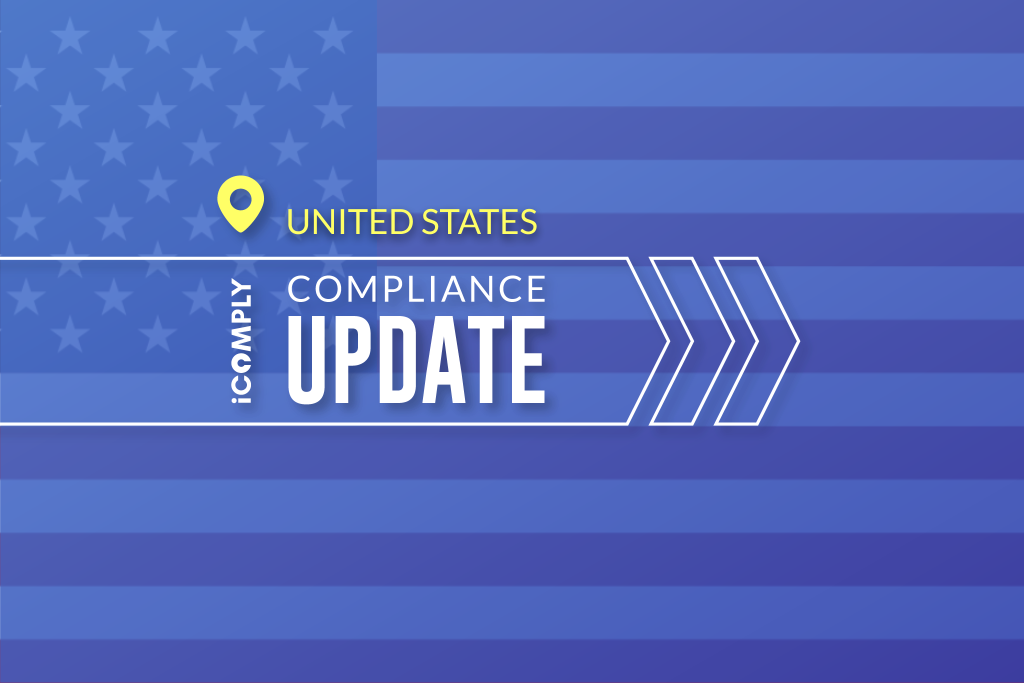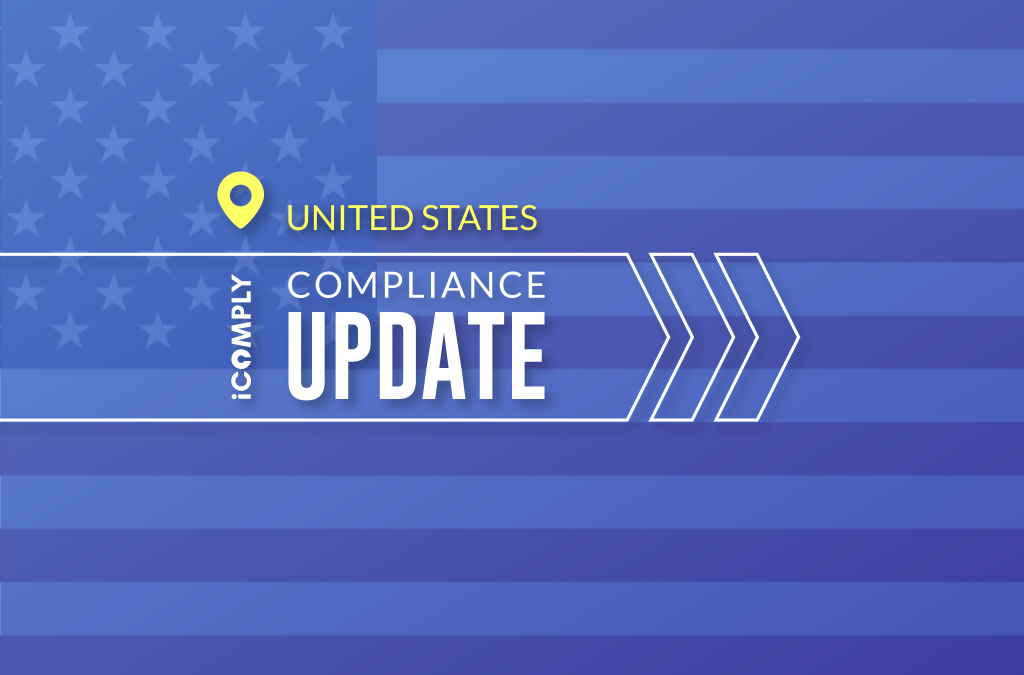FBI Concerned About Money Laundering Risks in Private Equity Transactions

Leaked report highlights FBI’s growing attention towards private sector AML risks with advice for corporations to ensure proper due diligence
What Happened?
July 14, 2020: The $10-trillion private equity market in the U.S. is facing additional scrutiny as a vehicle for money laundering, according to the intelligence bulletin reported having been leaked from the FBI.
The document suggests that private investment funds lack adequate anti-money laundering programs and calls on regulators to enhance their screening efforts of the industry.
Who Is Impacted?
Private capital markets firms, investment funds, and equity firms, as well as their law firms and due diligence providers.
Why This Matters?
As the power and size of private capital markets increased, experts are expecting regulators to pay closer attention to corporate mergers and acquisitions transactions, angel investments, and private equity markets.
What’s Next?
While no public action has been taken by regulators, private capital markets continue to operate with little-to-no KYC friction. The leaked FBI document demonstrates the growing trend among law enforcement agencies and financial regulators to set new standards of AML compliance for all verticals of private capital markets.
learn more
Is your AML compliance too expensive, time-consuming, or ineffective?
iComply enables financial services providers to reduce costs, risk, and complexity and improve staff capacity, effectiveness, and customer experience.
Request a demo today.
Understanding Enhanced Due Diligence (EDD): A Deep Dive
What is Enhanced Due Diligence (EDD)? Enhanced Due Diligence (EDD) is a crucial component of compliance programs within financial institutions, fintech companies, and other regulated entities. Unlike standard due diligence, EDD involves a more thorough investigation...
How to Integrate New Compliance Technologies: A Guide to KYC Integration
Integrating new compliance technologies into your existing systems can seem daunting, but with a structured approach, it becomes manageable and highly beneficial. This guide outlines the steps for integrating compliance technologies, focusing on leveraging the...
The Role of Edge-Computing in Compliance
Edge computing is transforming various industries by bringing data processing closer to the source of data generation. In the realm of compliance, particularly in financial services, edge computing offers significant advantages by enhancing speed, security, and...




